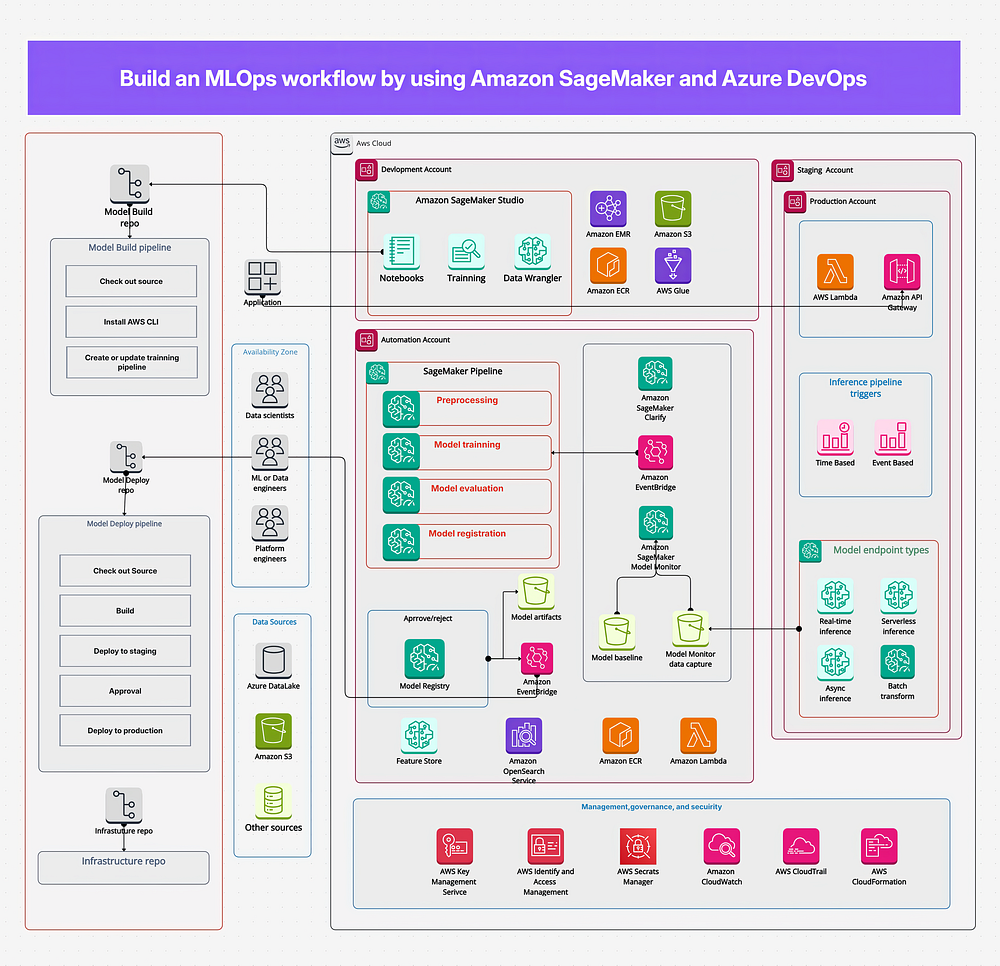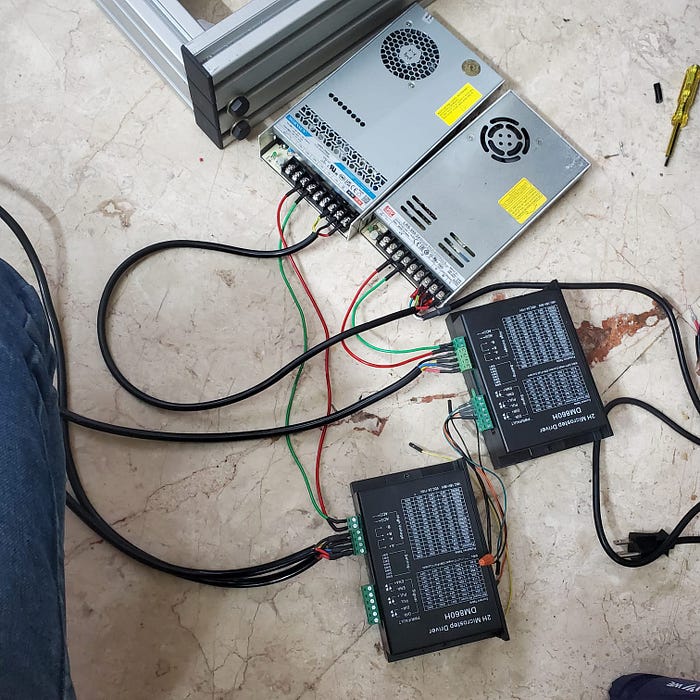The Google Spinoff and Its Implications
Introduction to the Issue
Google is facing a significant threat to its business due to the DOJ’s proposed remedies. The DOJ argues that Google’s illegal monopoly has given it an insurmountable technology lead, which can be addressed by a collection of data remedies. These remedies include licensing Google’s core search technology, such as the search index and ranking algorithm, to other companies.
The Potential Impact on Google
Google CEO Sundar Pichai has testified that these data remedies could force Google to reevaluate its research spending, potentially slowing progress in search. Pichai compared these remedies to a spinoff of Google search, which the company has previously referred to as “white labeling” Google search. This could have significant implications for Google’s business model and its ability to maintain its dominance in the search market.
Current State of Google’s Search Technology
Currently, there is no official API for syndicating Google’s search results. While there are scrapers that aim to offer this service, it is a gray area. Google has even rejected lucrative deals to share its index, including a proposal from OpenAI to license the index for ChatGPT. This decision was made to protect Google’s search dominance, which was deemed more important than a short-term payday.
Advances in AI and Their Impact on the Case
The DOJ had initially proposed forcing Google to stop investing in AI firms, fearing its influence could reduce competition. However, the government has backed away from this remedy. Despite this, AI remains a core aspect of the search trial. The integration of AI and search has progressed significantly since the liability phase of the trial in 2023, with multiple competitors to Google in AI search emerging.
Judge Mehta’s Remarks on AI
Judge Mehta noted that the status of AI had shifted considerably since the liability phase of the trial. The consistent testimony from witnesses was that the integration of AI and search was years away. However, with the emergence of multiple competitors to Google in AI search, this may actually help Google’s case.
Conclusion
The proposed remedies by the DOJ have significant implications for Google’s business model and its dominance in the search market. The potential spinoff of Google search and the licensing of its core search technology could have far-reaching consequences. The advances in AI and the emergence of competitors to Google in AI search may also impact the outcome of the case. As the trial continues, it will be interesting to see how these developments play out and what the ultimate outcome will be.
Frequently Asked Questions
Q: What are the proposed remedies by the DOJ?
A: The DOJ has proposed licensing Google’s core search technology, including the search index and ranking algorithm, to other companies.
Q: How has Google responded to these proposals?
A: Google CEO Sundar Pichai has testified that these remedies could force Google to reevaluate its research spending and potentially slow progress in search.
Q: What is the current state of Google’s search technology?
A: There is no official API for syndicating Google’s search results, and Google has rejected lucrative deals to share its index.
Q: How have advances in AI impacted the case?
A: The integration of AI and search has progressed significantly, with multiple competitors to Google in AI search emerging, which may help Google’s case.











